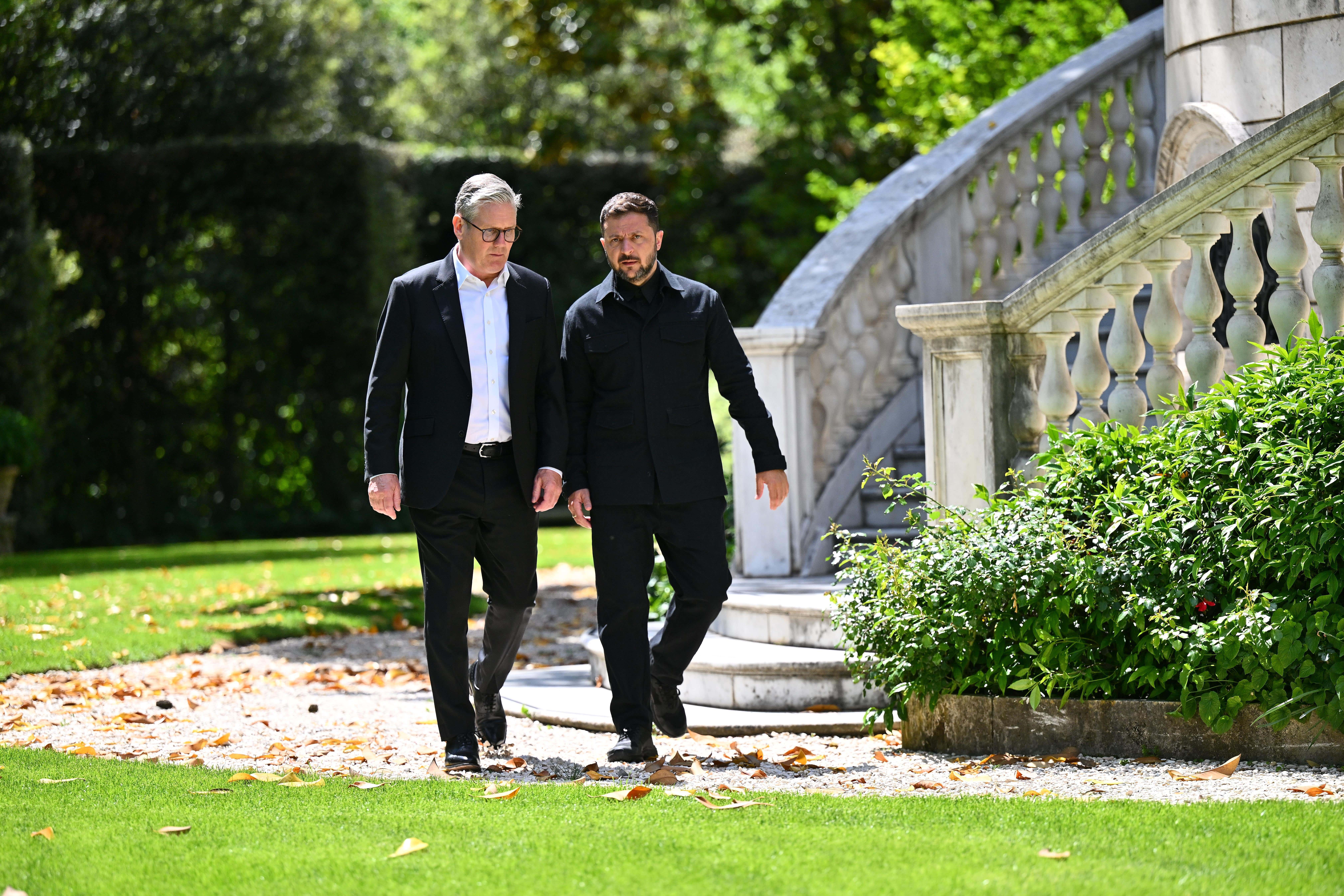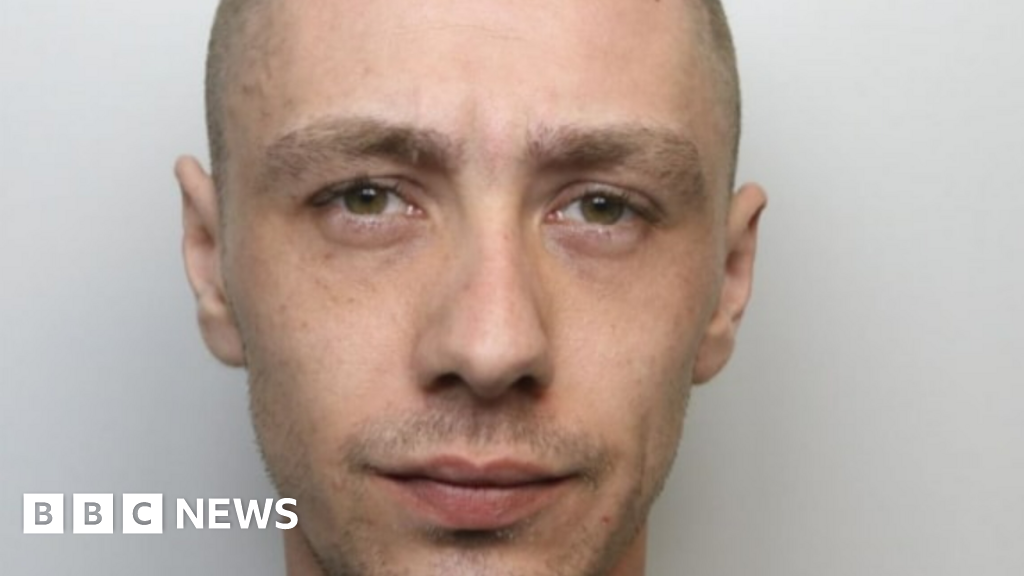Less than two days after US president Donald Trump lashed out at Vladimir Putin for “tapping me along” over a peace deal, the Russian president has announced another temporary ceasefire – this one scheduled to last three days.
His grand declaration raised immediate suspicion over whether this was yet another stalling tactic from the most conniving of dictators.
The Kremlin said the truce would take place from 8 to 10 May, to coincide with Russia’s Victory Day celebrating the defeat of Nazi Germany – likely not a coincidence, given Putin’s repeated, completely baseless claims that a “neo-Nazi regime” in Ukraine justified his full-scale invasion.
Ukraine has yet to officially respond, but will no doubt greet the news with a large dose of scepticism.
Kyiv, which has previously agreed to Trump’s proposal of a 30-day full ceasefire, accused Moscow of violating a similar temporary truce during Easter.
President Volodymyr Zelensky charged Russia with cynically using that pause to advance, saying Russian assaults persisted on multiple fronts, artillery fire did not subside, and attacks on energy infrastructure were relentless.
Over the weekend, Mr Zelensky warned on social media that Russia “is really trying to deceive the world – to deceive America and others – and to further prolong this war”.
That stance was reiterated by his chief of staff and close confidant, Andriy Yermak, who Monday morning, just before news broke of Putin’s proposal, wrote on Telegram: “All the Russian statements about peace without them stopping the fire are a simple lie.”
There are unlikely to be celebrations on the ground in Ukraine. During the last ceasefire announcement, air-raid sirens blared in Kyiv, sending residents scrambling to shelters. On Monday morning, the same scene repeated – reportedly under a wave of drones.
One popular Ukrainian Telegram group called it out as “another lie for Trump”. “Putin’s promise will likely have nothing to do with a real ceasefire again,” it said.

Up until now, Putin has refused to accept a complete, unconditional, longterm ceasefire, saying it will only happen if there is a halt in Western arms supplies to Ukraine and Ukraine’s mobilisation effort.
The Kremlin has instead accused Ukraine of violating its proposed temporary truces.
The clock is ticking for the Trump administration’s efforts to resolve the biggest conflict in Europe since the Second World War – and there have even been signals that Washington is tiring of the task.
US Secretary of State, Marco Rubio, told NBC’s Meet the Press that this week would be “very critical”, as Washington needs to decide whether this is “an endeavour that we want to continue to be involved in or is it time to focus on other issues”.
Trump, who in the past has maintained that a deal is close, at the weekend questioned Putin’s willingness to end the war at all, following long-range strikes on Kyiv.
“There was no reason for Putin to be shooting missiles into civilian areas, cities, and towns, over the last few days,” the president wrote on Truth Social.
“[It] makes me think that maybe he doesn’t want to stop the war, he’s just tapping me along, and has to be dealt with differently, through ‘banking’ or ‘secondary sanctions’?”
The concern in Ukraine is that the Kremlin’s announcement of another pause – which Russia will not adhere to – is simply to pacify Mr Trump, without any intention of a real end to the conflict.
For Ukrainians, anything less than a truce designed to start the process of a long-term ceasefire deal, is blast and bluster.




